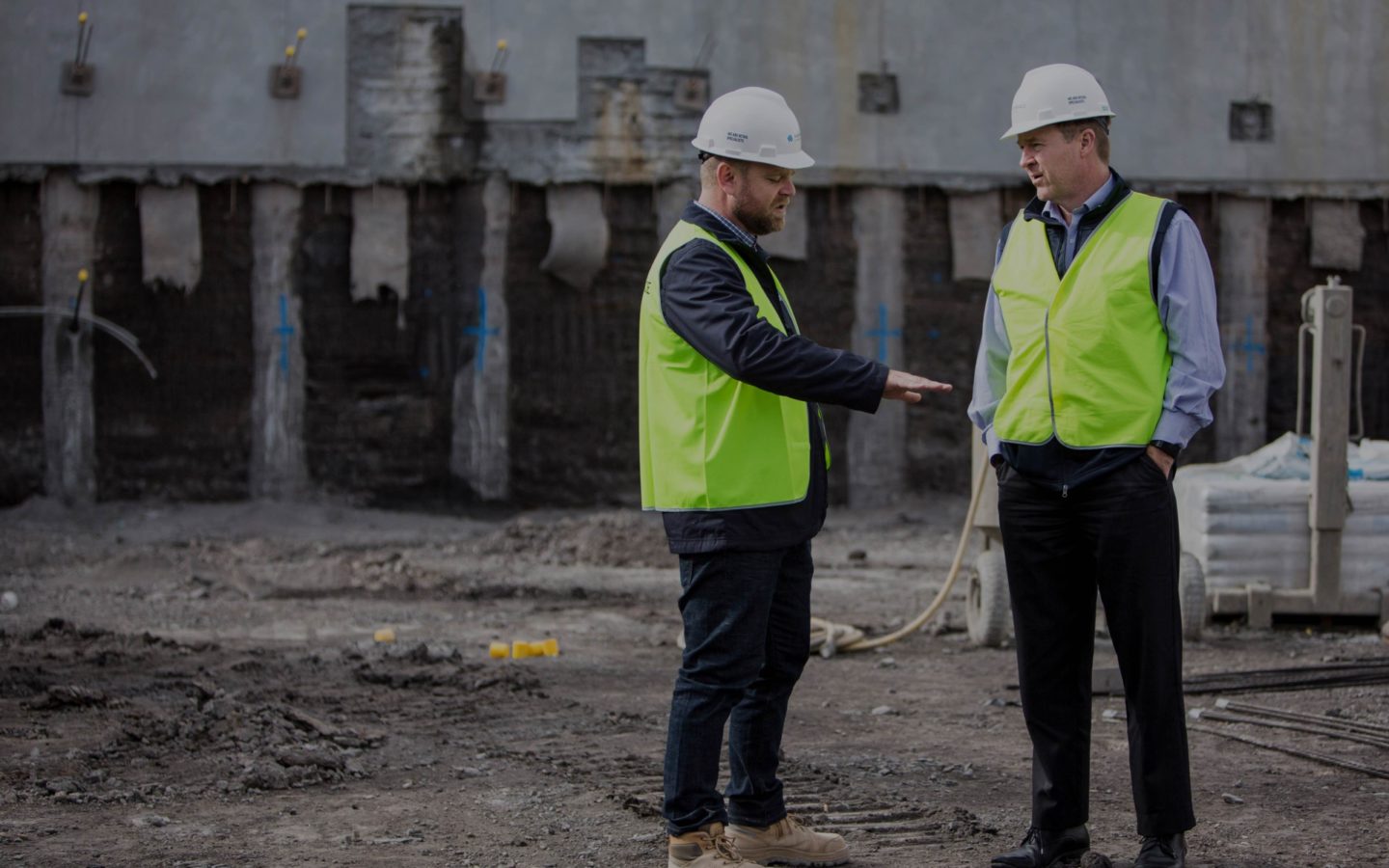Losing a loved one is a universal experience, yet the intensity and complexity of grief can vary widely among individuals. bereavement counselling Newcastle serves as a crucial support system, offering guidance and comfort to those navigating the tumultuous journey of loss. This specialised form of therapy aims to help individuals process their emotions, adapt to their changed reality, and eventually find a way to move forward while cherishing the memory of their loved one.
Understanding Bereavement and Its Impact
Bereavement refers to the period of mourning and adjustment after the loss of a loved one. This process involves a range of emotions, including sadness, anger, guilt, and sometimes relief, depending on the circumstances of the death. The impact of bereavement is profound, affecting not only emotional well-being but also physical health, relationships, and overall quality of life.
The Role of Bereavement Counselling
Bereavement counselling is designed to support individuals through their grief, providing a safe space to express their feelings and thoughts. A trained counsellor can help clients understand their emotions, validate their experiences, and offer strategies to cope with their loss. The primary goals of bereavement counselling include:
- Emotional Support: Counsellors provide a non-judgmental environment where clients can share their grief openly. This emotional support is crucial in helping individuals feel understood and less isolated in their pain.
- Validation of Grief: Everyone’s grief journey is unique, and counsellors validate the client’s feelings and experiences, reinforcing that there is no “right” or “wrong” way to grieve.
- Coping Strategies: Counsellors equip clients with practical tools and techniques to manage their grief. This might include mindfulness practices, journaling, or engaging in activities that honour the deceased.
- Adjustment to Life Without the Loved One: Over time, counselling helps individuals adjust to a life without their loved one. This involves finding new routines, redefining roles, and re-establishing a sense of normalcy.
- Facilitation of Healthy Mourning: Bereavement counselling encourages healthy mourning, which means acknowledging the loss and allowing oneself to experience the natural ebb and flow of grief. This process is essential for healing.
Types of Bereavement Counselling
Bereavement counselling can take various forms to meet the diverse needs of grieving individuals:
- Individual Counselling: One-on-one sessions with a counsellor provide personalised support tailored to the client’s unique experiences and needs.
- Group Counselling: Group sessions offer a supportive community where individuals can connect with others who are experiencing similar losses. Sharing stories and listening to others can foster a sense of solidarity and reduce feelings of isolation.
- Family Counselling: Grieving families may benefit from counselling that addresses the collective impact of the loss. Family sessions can improve communication, strengthen bonds, and help members support each other.
- Online Counselling: For those who cannot attend in-person sessions, online counselling provides a flexible and accessible alternative. Virtual sessions can be particularly beneficial during times of widespread crises, such as the COVID-19 pandemic.
When to Seek Bereavement Counselling
While grief is a natural response to loss, there are times when professional help is necessary. Individuals should consider seeking bereavement counselling if they experience any of the following:
- Persistent feelings of numbness or detachment
- Inability to carry out daily activities
- Intense, unrelenting sadness or depression
- Self-destructive behaviour or thoughts of self-harm
- Difficulty accepting the reality of the loss
- Physical symptoms such as insomnia, fatigue, or significant weight loss
The Healing Journey
The journey through grief is deeply personal, and there is no set timeline for healing. bereavement counselling Newcastle acknowledges this individuality, offering tailored support that respects each person’s unique path. By providing emotional support, validating feelings, and equipping individuals with coping strategies, bereavement counselling plays a vital role in helping people navigate their grief.




